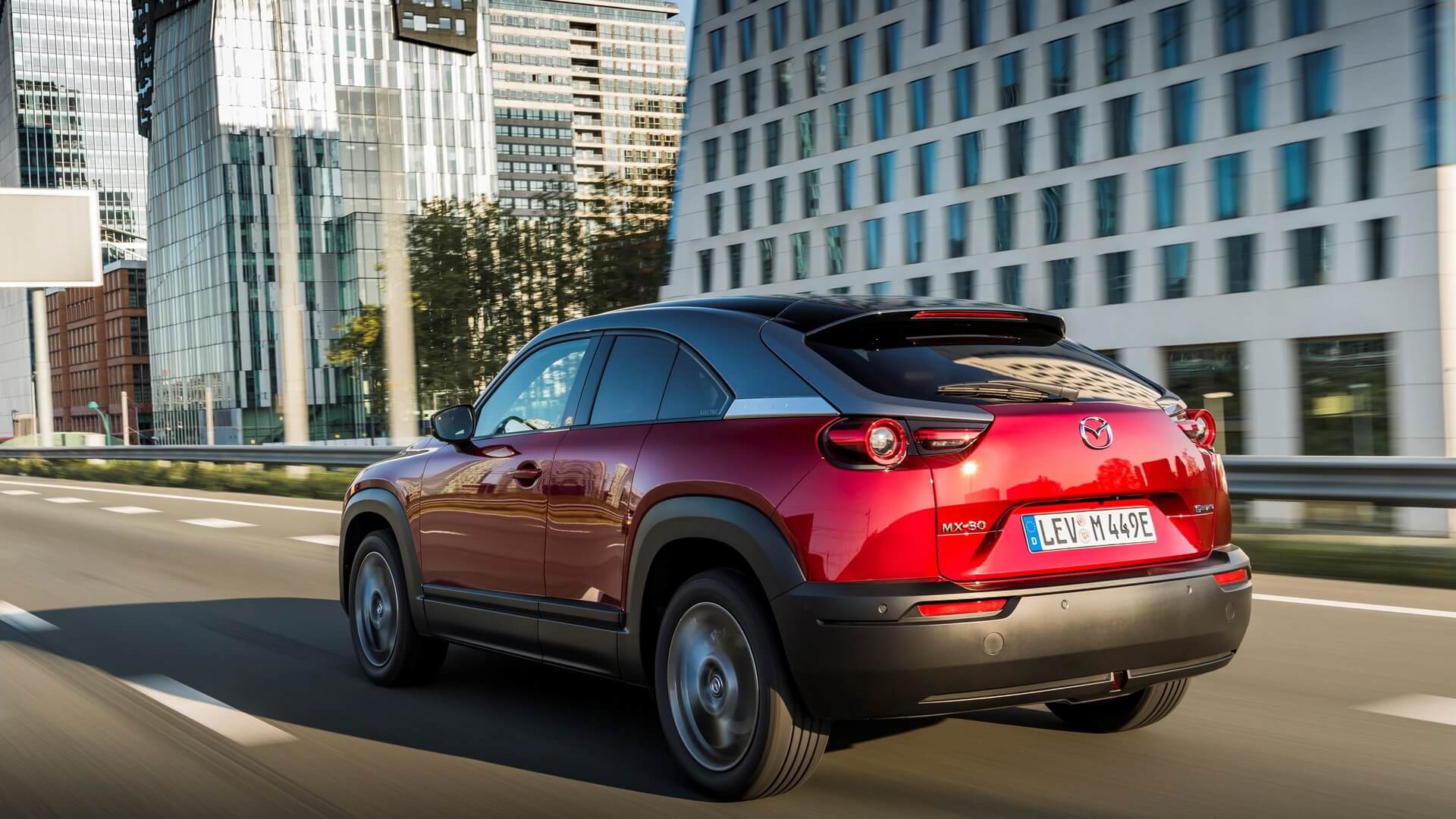Mazda discontinued the rotary engine approximately 10 years ago with the demise of the RX-8 sports car. At that point, the Japanese automaker vowed to continue the development of the unusual Wankel engine, and about a year ago, the Zoom-Zoom company announced its return. Rather than installing the rotary in a new sports car, Mazda said it would be repurposed as a range-extender in an EV, specifically the MX-30.
The crossover originally launched last year with a pure EV setup before getting a mild-hybrid version, with the range-extending rotary engine scheduled to arrive in 2022. However, it looks as though that won’t be happening anymore as Mazda has put the Wankel setup on the backburner. Automotive News cites Japan’s Nikkei business daily and Nikkan Jidosha Shimbun claiming the plans to put a rotary engine in the MX-30 have been dropped.

Not all hope is lost as Mazda spokesperson Masahiro Sakata declared “we are still considering using the rotary engine as a range extender, but the timing of its introduction is undecided.” According to the original plan, the MX-30 was supposed to get the new Wankel engine in the first half of 2022 for the US and European versions of the crossover.
The rotary engine has been conceived to serve as a generator rather than power the wheels directly as was the case in the RX sports cars. The small-displacement engine is expected to be used in EVs with a large battery and a small gasoline fuel tank. Mazda has repeatedly said a new performance machine to follow up on the RX-8 is not on the agenda, specifying the rotary engine will only be used on range-extending electric vehicles.
It’s unclear at this point when Mazda will bring back the rotary engine, but it appears that won’t be happening in the first half of next year as initially announced.
Per a statement made in June, the automaker will roll out no fewer than five hybrids, five plug-in hybrids, and three pure electric vehicles between 2022 and 2025. By the middle of the decade, it will have its own dedicated EV platform on the company’s road to reach carbon neutrality by 2050.
Source: Automotive News
